Do you use the reading workshop AND writing workshop models in your K-2 classroom?
I love the workshop model because it:
- Promotes student choice (which is motivating!)
- Gives students lots of real reading and writing time—not worksheets
- Creates time for us teachers to meet with students one-on-one or in small groups
If you’d like to learn more about the reading workshop or writing workshop model, you can watch either (or both!) of my free webinars:
But let’s say you’re already implementing both! Yay!
This is a wonderful thing, because reading and writing are reciprocal processes. When kids grow in one area, they also grow in another. So even though your reading and writing workshops are probably scheduled separately in your literacy block, they actually support each other!
In today’s post, I’ll share time-saving tricks for using both reading and writing workshop AND explain how you can help kids transfer their learning from reading to writing (and vice versa).
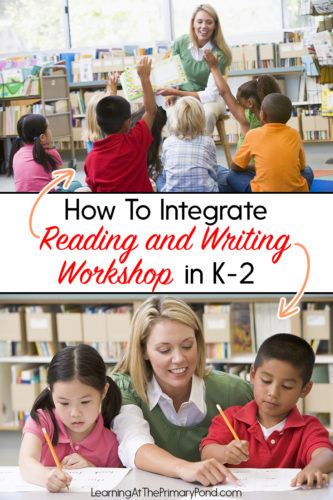
How to Save Time With Workshop
First and foremost, I know your schedule is packed. Sometimes the school day feels like a track and field event, with you sprinting from subject to subject! And I don’t know about you, but I don’t like that feeling.
But here’s the good news: using both the reading and writing workshop models can actually help you save time.
And you’ll save the most time if you simultaneously work on the same genre in reading AND writing workshop (as much as possible). For example, if you’re writing all-about (informational) books during writing workshop, read informational texts during reading workshop.
This will save you time because:
- You can use books from reading workshop for your writing workshop mentor texts. For example, let’s say that you read a fairy tale during a reading workshop minilesson. During writing workshop time, when you’re teaching students how to include a problem in the stories they’re writing, take that fairy tale and discuss the problem in it. Or show kids how the author used transition / time words in the fairy tale.
- You can use some of the same graphic organizers in both your reading and writing activities. If students already know how to use (for example) a web from your reading minilessons, then it’ll be easier for them to use the web to plan their writing.
- Books read during reading workshop can serve as inspiration for students’ writing. For example, sometimes kids run out of ideas or topics for nonfiction writing. If you’re reading tons of nonfiction to them, they could write about one of the topics they’ve learned about.
Not only will these strategies save you time, but your literacy block will feel so cohesive when you work on the same genre in all areas!
One caveat—sometimes opinion writing can be hard to “match” in reading workshop. As a result, genres don’t always match up perfectly. That can be tricky.
However, if you use my writing bundles and reading bundles, the genres will match up as much as possible (assuming you start them both around the same time).
How to Help Kids Transfer Their Learning
Now let’s talk about how to help our students make connections between reading and writing workshop!
First, if you “match up” genres like I discussed in the previous section, that in itself goes a long way in helping students make connections.
Second, you’ll want to consistently model and point out how you make connections between reading and writing workshop. For example, you might say something like…
“We learned a lot about elephants during reading workshop last week, so I can take what I learned and make a nonfiction book about elephants!” or
“We’ve been talking about using adjectives in our writing, and that made me notice this adjective in our book!” or
“I’m not sure how I want to start my new story, but maybe I can find some ideas in the books we’ve read this week during reading workshop.”
You get the idea. YOUR comments can lead them in the direction of making connections between texts.
You can also:
- Encourage students to notice nonfiction vocabulary words in books, and then use those terms in their writing
- Keep a basket of reading workshop books available for students to use during writing time (for ideas and inspiration)
- Create “cross-workshop” projects where students do simple research during reading workshop and write about their research during writing workshop
Conclusion
Reading and writing workshop are like peanut butter and jelly—they’re awesome together!
And they work best when we “match up” genres as much as possible. This creates a cohesive feel to your entire literacy block and encourages students to make some wonderful connections.
If you need help implementing reading workshop and writing workshop, check out my mega-bundles below. You can also purchase *just* the reading component or *just* the writing component, and those are linked on the product pages, too.
Happy teaching!
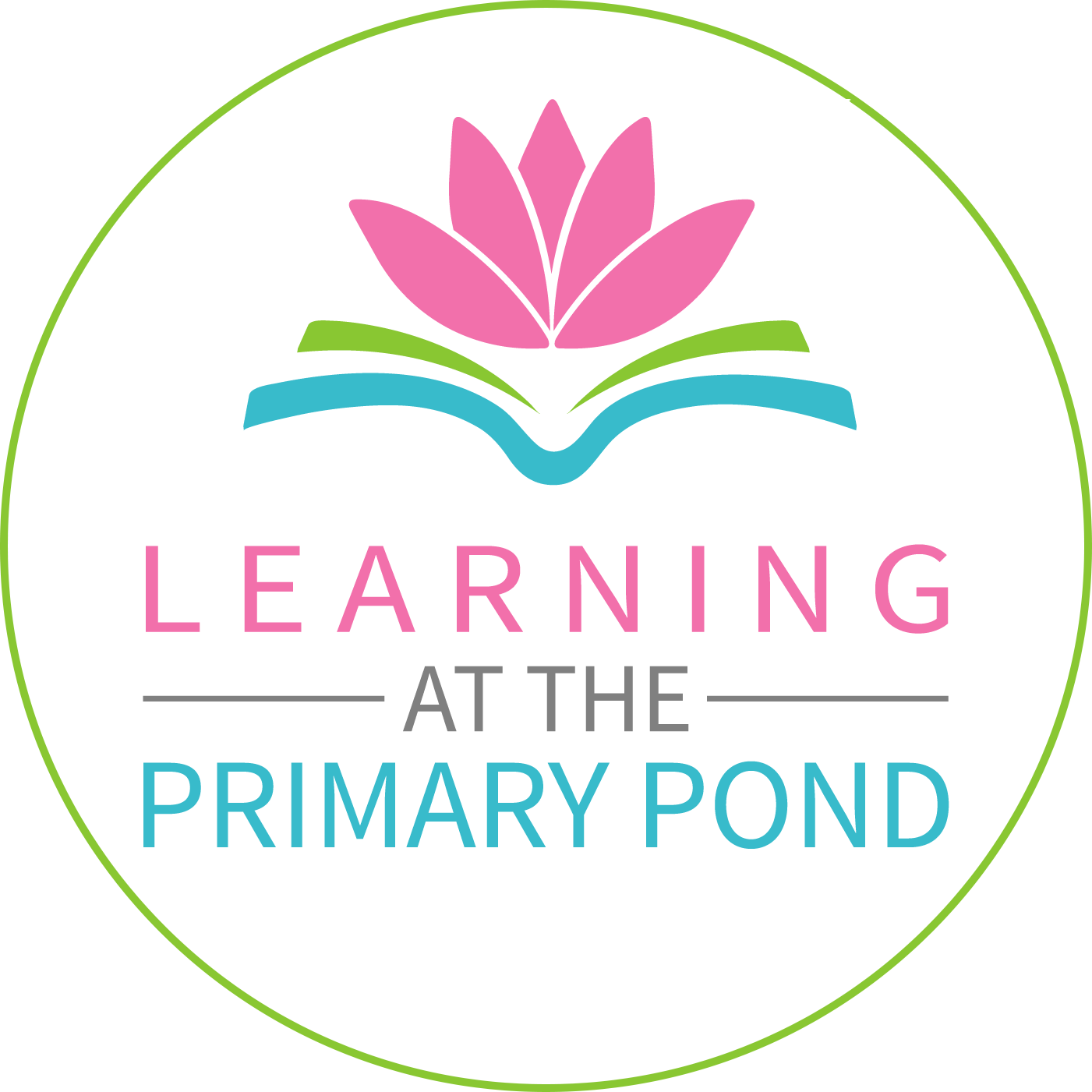
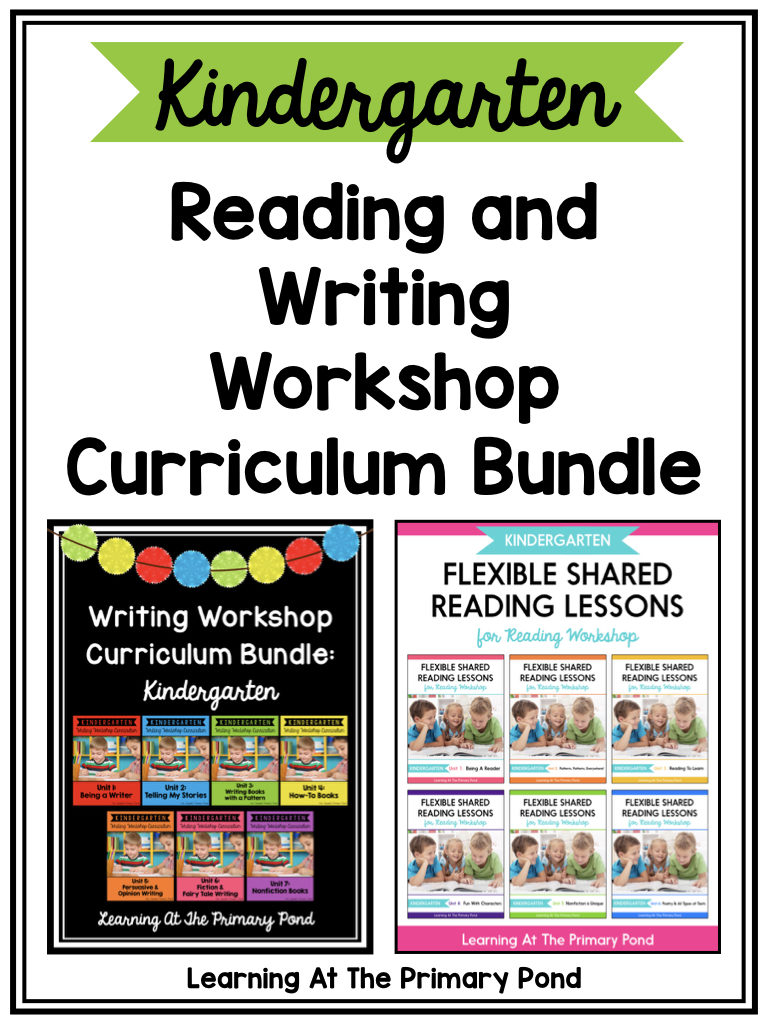
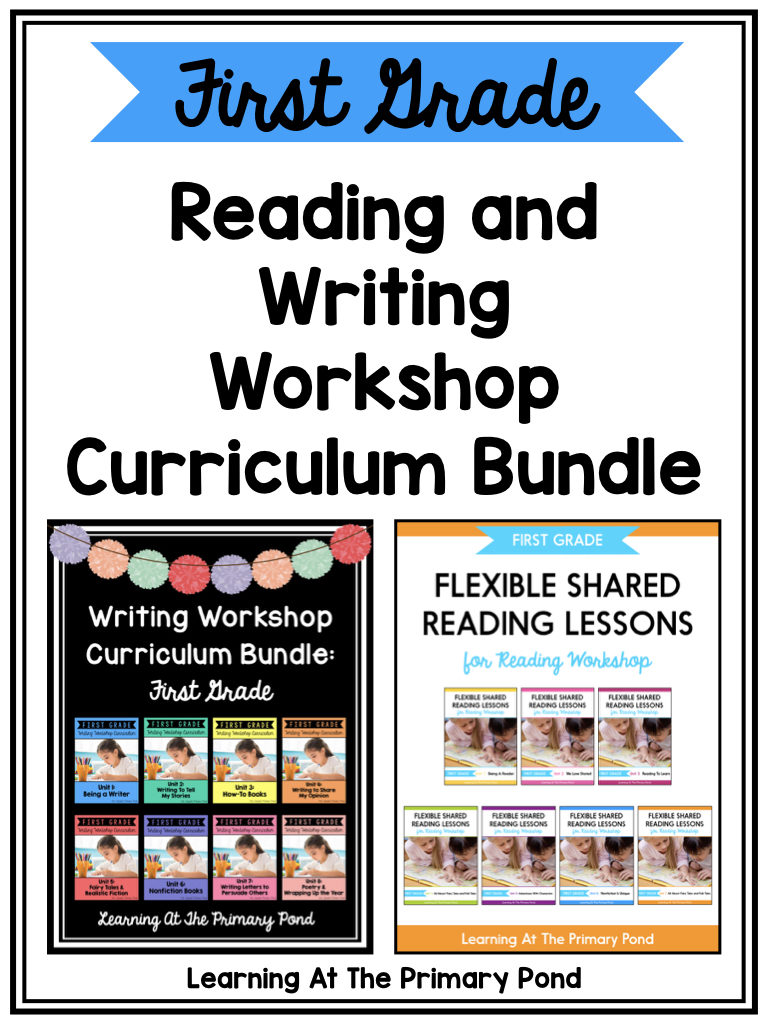
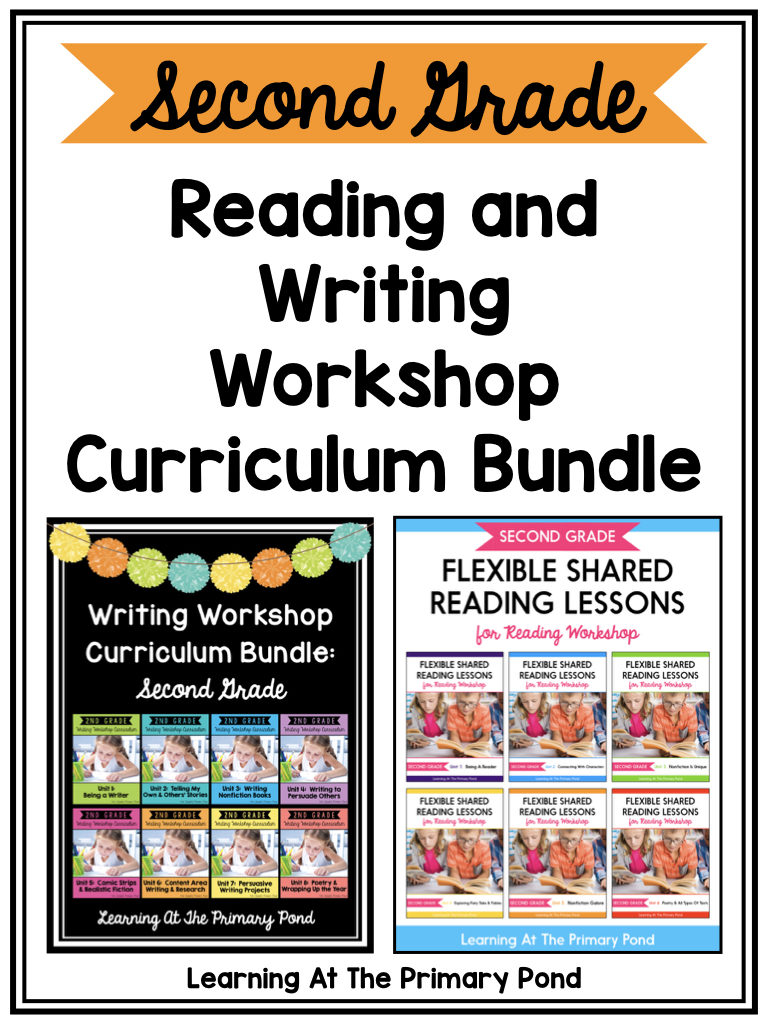
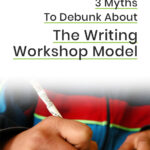
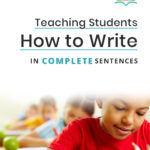
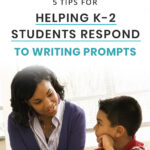
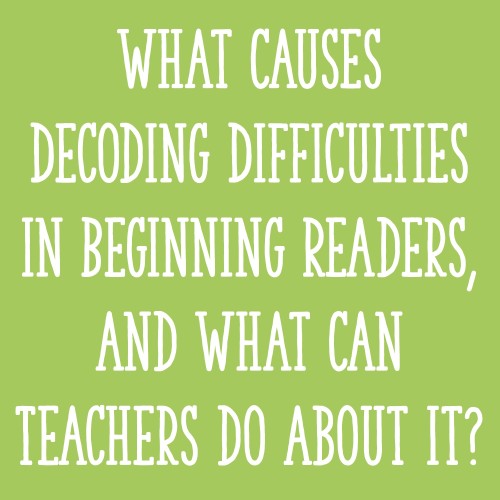
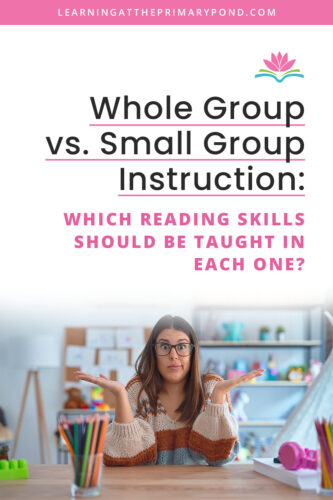
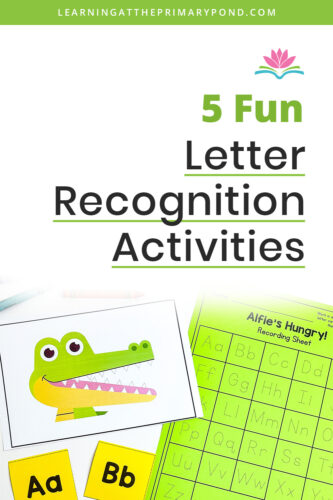


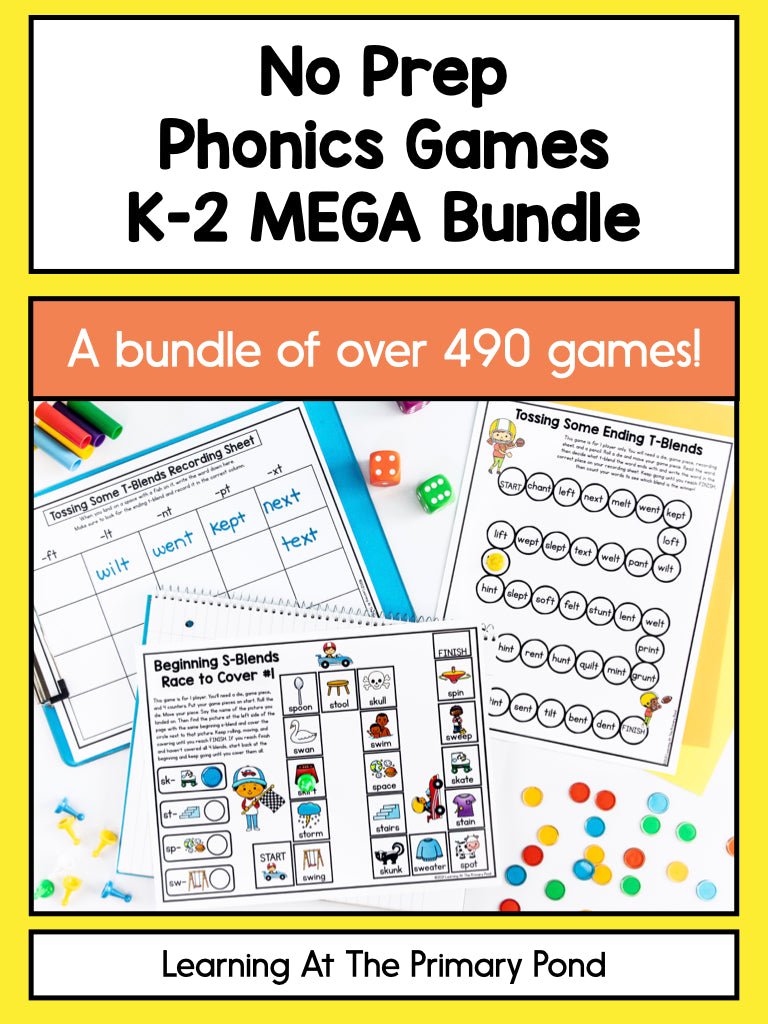
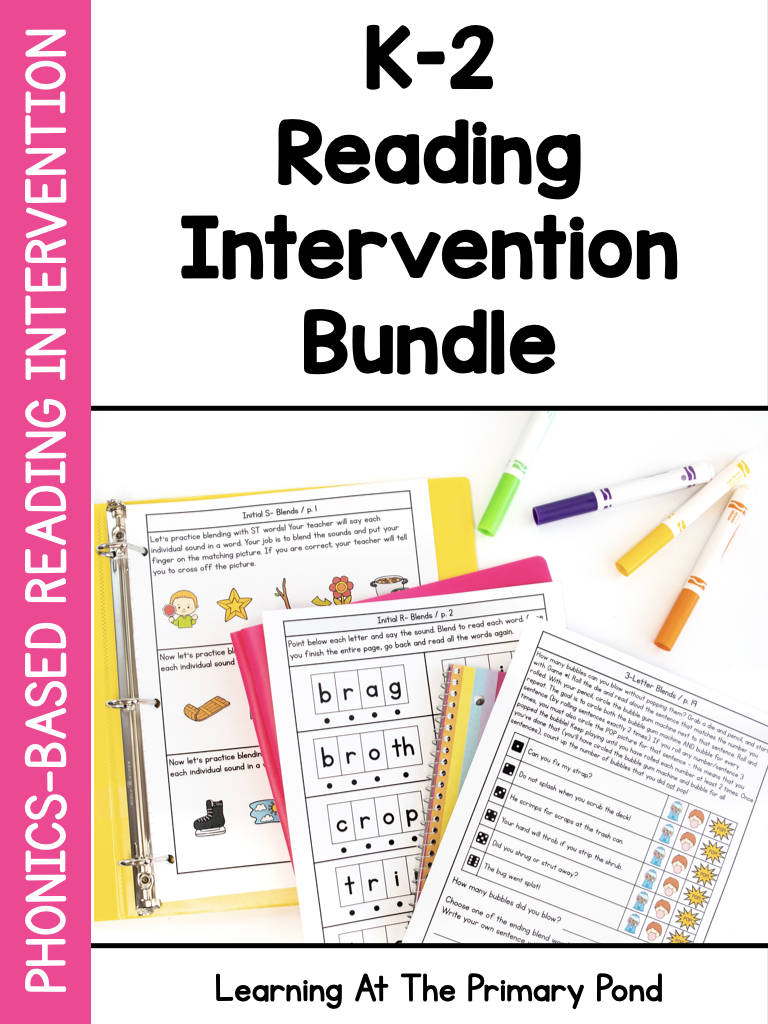
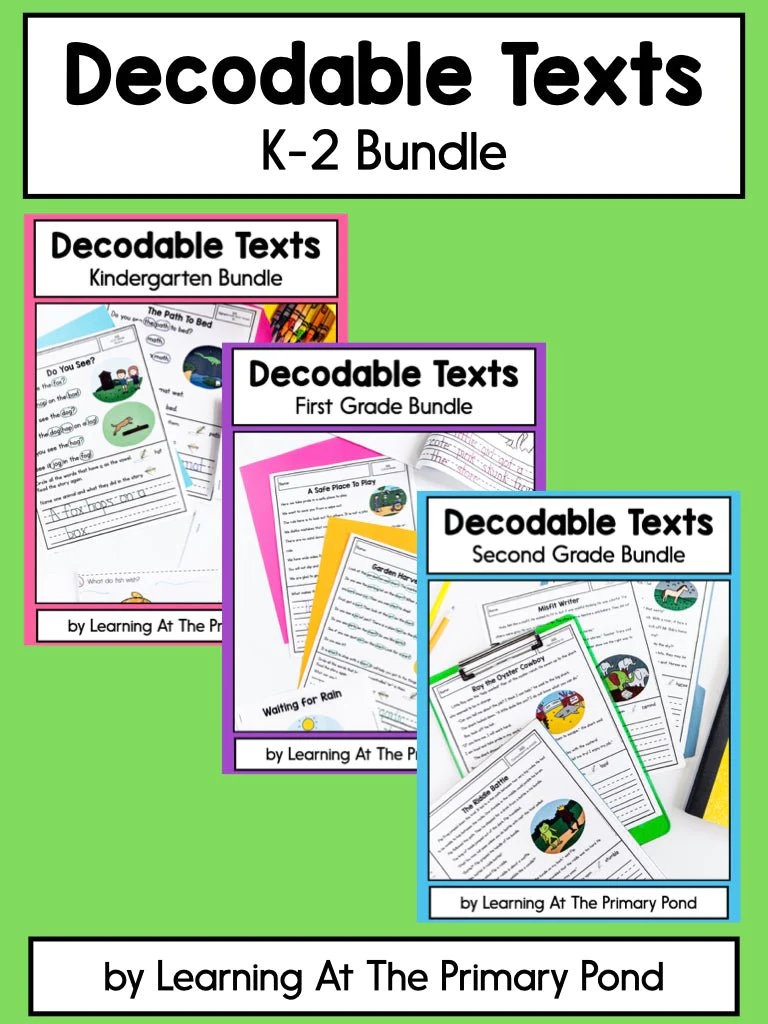
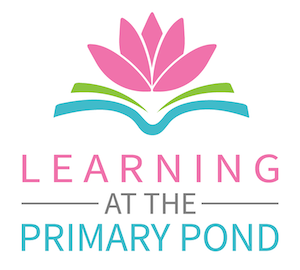
Is the link still available for the editing checklist?
Yes! Here’s the link for the Free Writing Folder Tools – click here.
When I click that link, I get this error: This site can’t be reachedCheck if there is a typo in lead.learningattheprimarypond.com.
Is there another way to access the resources?
Hey Kristi! So sorry about that! Which link/product are you trying to access?